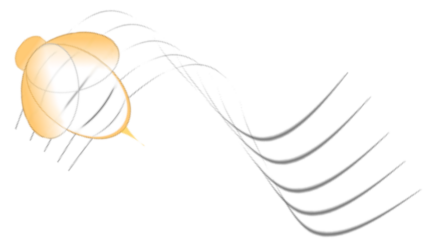Riccardo Chailly
Principal Conductor of Teatro alla Scala since January 2015, he takes over the role of Musical Director in January 2017. He made his debut at La Scala in 1968 with Verdi’s I Masnadieri; he has since conducted operas by Rossini, Verdi, Puccini, Prokofiev and Bartók; he opened the 2006/2007 Season with Aida and the 2015/2016 Season with Giovanna d’Arco. In the coming years, his commitment to the Theatre of Milan will be concentrated on the Italian repertoire with the continuation of the cycle of operas by Puccini that began in May 2015 with Turandot, the opening event of Expo and in May 2016 with La fanciulla del West. The programme also includes titles by Verdi, Rossini and Donizetti, with particular attention to the operas presented at La Scala as premières: this is the case with La gazza ladra, which will return to La Scala on 12 April directed by Gabriele Salvatores 200 years after its première. In these months, Chailly has intensified his activities with La Scala’s orchestra and created an increasingly close artistic collaboration with the musicians: after having invited some leading musicians to join up with the Orchestra of the Festival of Lucerne last August, of which he took over the reins when he succeeded Claudio Abbado, he conducted the Filarmonica in a series of tours that had successful shows in several European cities, including Salzburg, Vienna and Paris, and the Orchestra and Choir of La Scala in Verdi’s Requiem in Moscow; Requiem was performed to the same enthusiasm in Milan. On 20, 21 and 22 October, Riccardo Chailly opened the Theatre’s Symphony Season with a concert dedicated to Brahms and Liszt. During the same period he brought the Filarmonica back into the recording studio.
The show
“I do not have a style; I try to find the appropriate style for each title.” Director of prose and of opera, actor and playwright, Alvis Hermanis is one of the most multi-faceted and unpredictable personalities in contemporary theatre. Acclaimed at La Scala for the crude effectiveness of his rendition of Die Soldaten by Zimmermann, he radically changed his approach with the traditional and illustrative staging of I due Foscari: but Milanese audiences were able to appreciate a completely different aspect of his work attending Black Milk, the prose piece on rural Latvia staged at Teatro dell’Arte. Meanwhile in Paris he caused a stir with a futuristic version of La damnation de Faust in which the protagonist was an explicit reference to Stephen Hawking. Unsurprisingly, this new staging is eagerly awaited: a version that will certainly be faithful to the text, and broadly inspired by Japanese theatre.





















